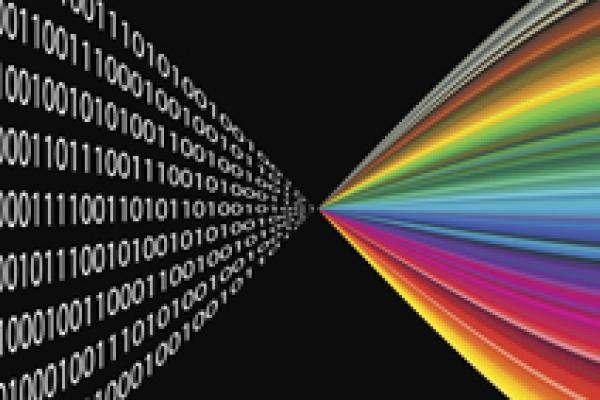Article

What is time?
Everyone knows what time is. We can practically feel it ticking away,
marching on in the same direction with horrifying regularity. Time has
enslaved the Western world and become our most precious commodity. Turn it
over to the physicists however, and it begins to
morph, twist and even crumble away. So what is
time exactly?



